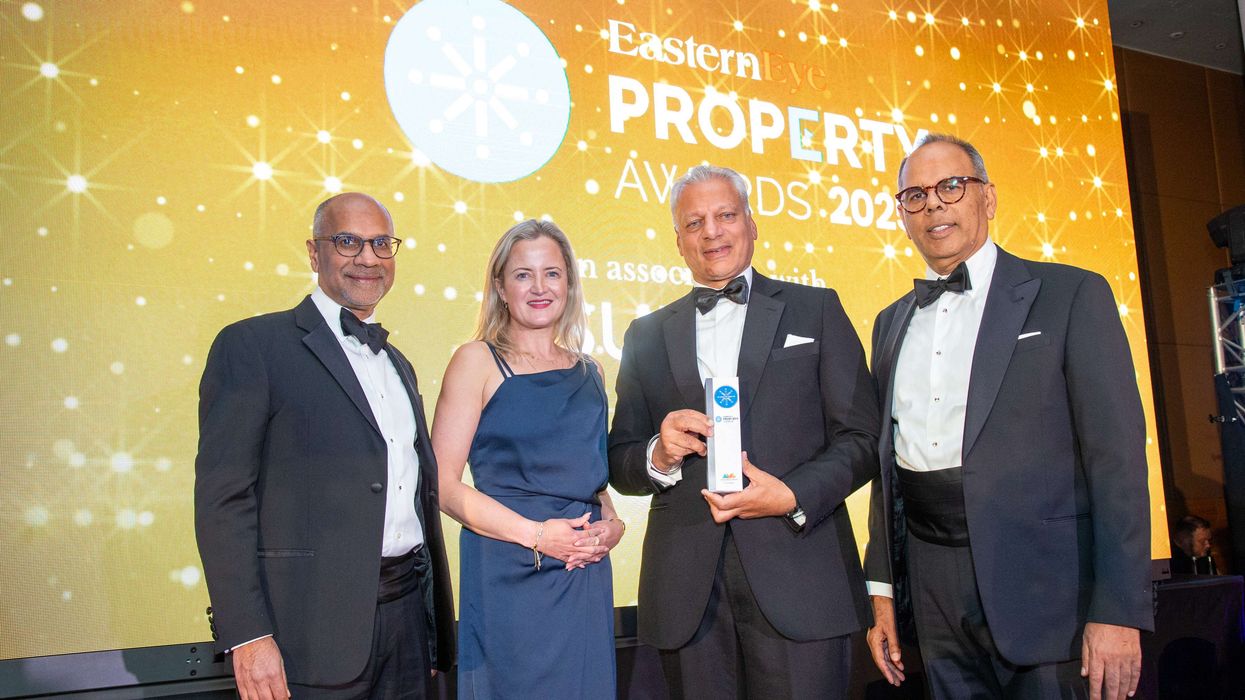AN INFLUENTIAL London hotelier won the top prize at the annual Eastern Eye Property Awards in London last Thursday (25)night
Tony Matharu is the founder and chairman of Integrity International Group, which has acquired some of London’s most iconic buildings, among them Atlas House near the Guildhall, the Crescent Buildings in Tower Hill and 55 Broadway and Albany House.
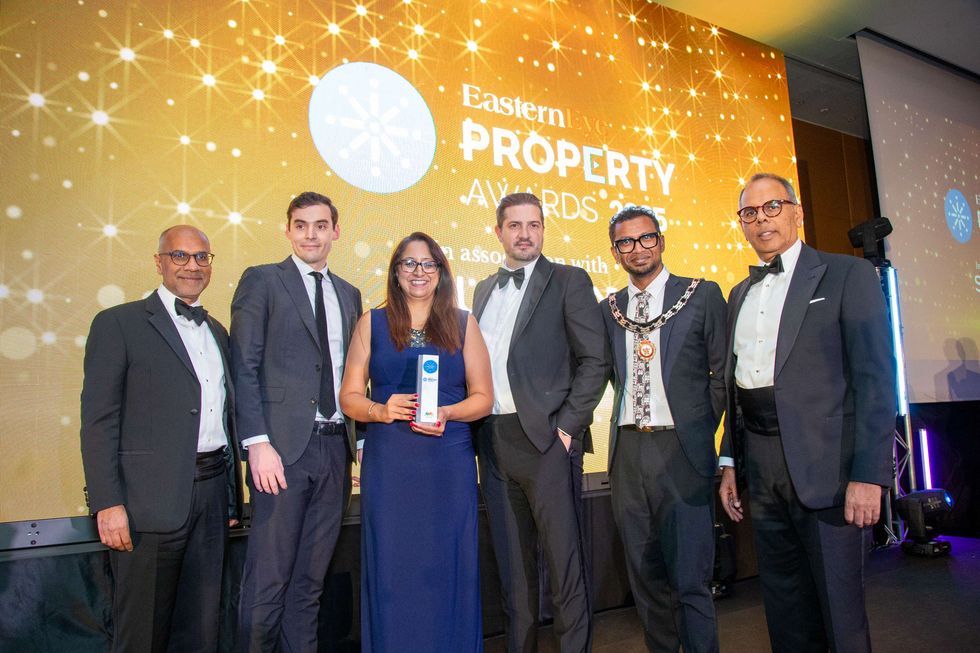
Matharu was named Eastern Eye’s property developer of the year, with nine other winners across different categories also collecting prizes.
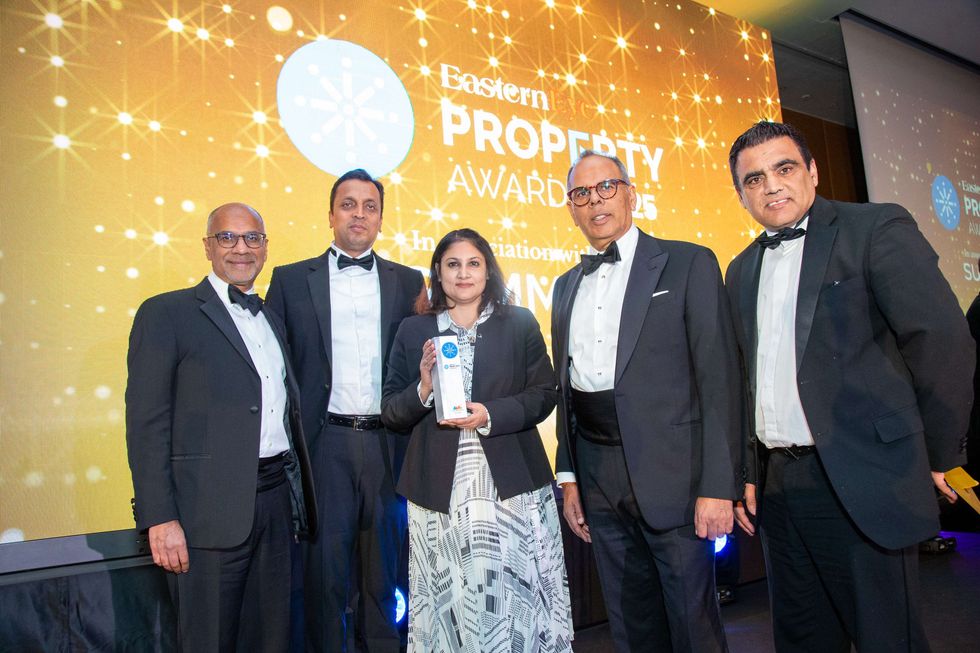
The Asian entrepreneur was praised for his business achievements as well as his philanthropic endeavours and sport and community initiatives.
In all, 10 prizes were presented at the event at Park Plaza, Riverbank, hosted by the Asian Media Group, publishers of Eastern Eye and Garavi Gujaratnews weeklies.
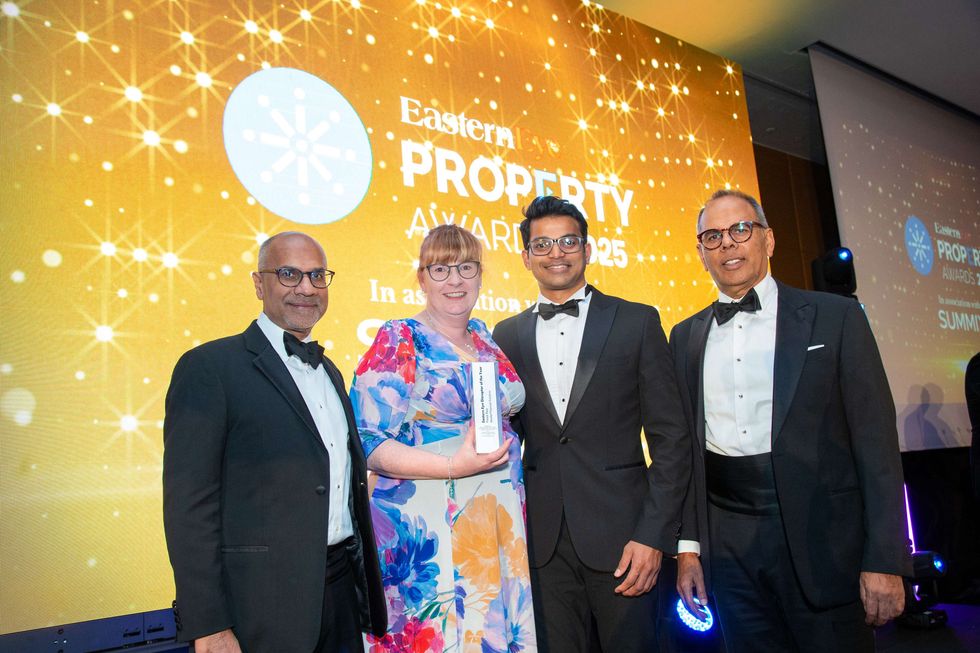
Now in their second year, the awards celebrate and recognise key players in the property industry – from developers and financial lenders to interior designers and technology disruptors.
Matharu also took part in a masterclass with compere Nihal Arthanayake and discussed his views on the economy and his journey as a serial entrepreneur.
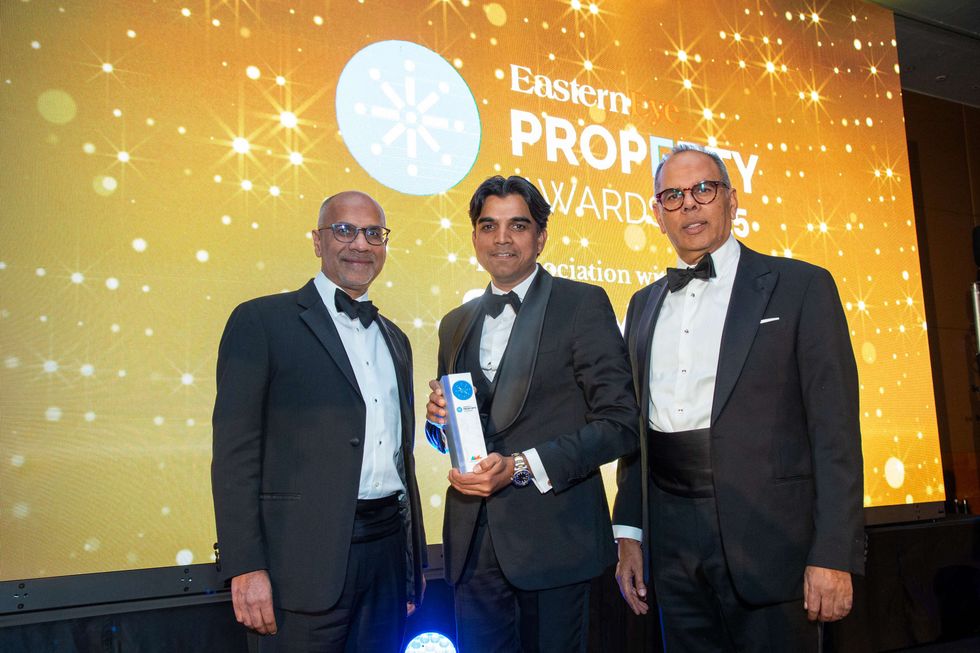
Baroness Taylor of Stevenage, parliamentary under-secretary of state at the Ministry of Housing, Communities and Local Government, was the chief guest.
Local Government, was the chief guest. In her remarks, she paid tribute to business leaders whose work she said “has been absolutely vital in rebuilding Britain”.
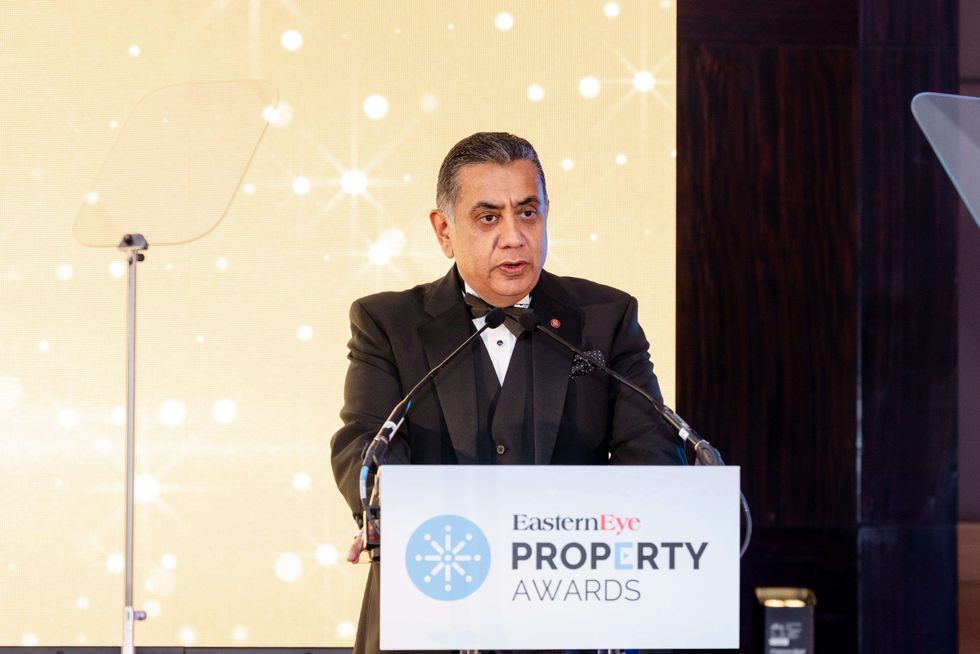
The minister noted how the Labour government was committed to delivering 1.5 million homes this parliament and said, “I don’t underestimate how challenging that target is going to be. We can’t do that unless we work in partnership with the housing industry, from the constructors, to the planners, from the financial institutions to property agents and from architects to interior designers, you are all part of this mission, and we cannot deliver without you.
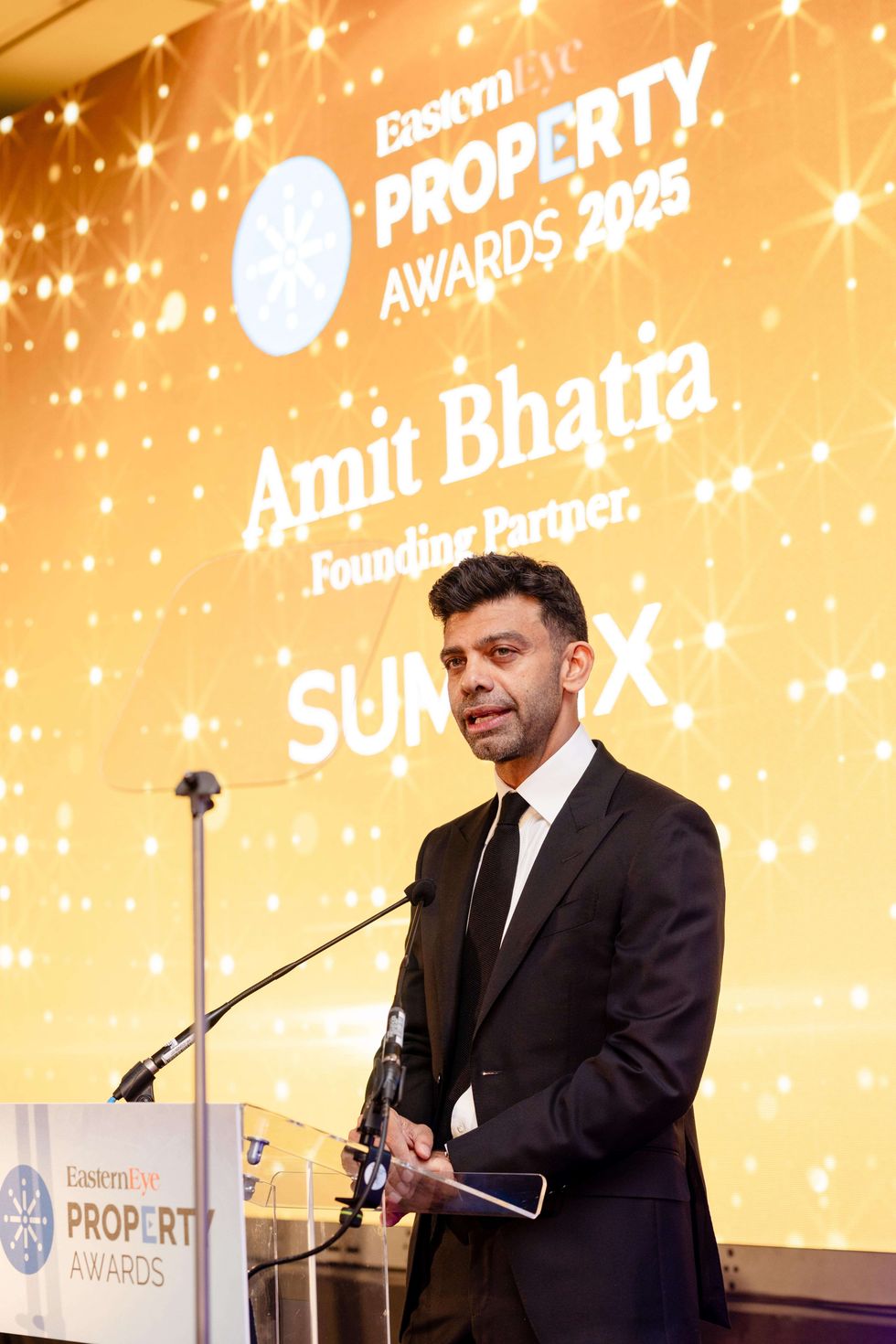
She noted the government’s commitment to funding for infrastructure and skills training for construction workers.
“Many of you in the construction industry tell me that skills is a real issue, so I hope this will help, and the new training will tackle the skill shortages and inspire the next generation into the construction sector.
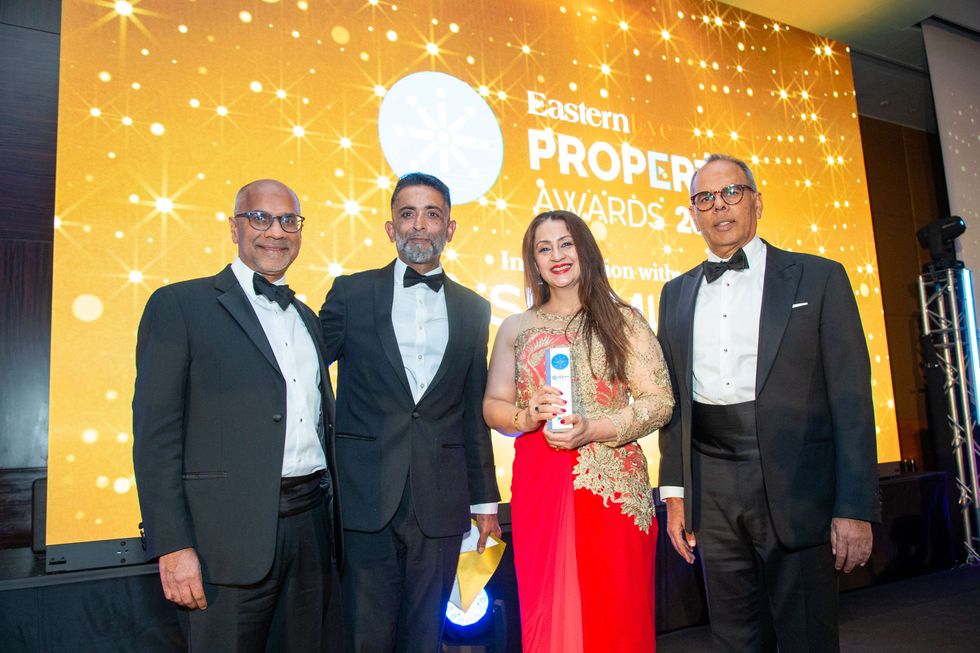
“I want my grandchildren to see construction as a real, positive way forward, and I think we all have a duty to inspire that generation,” Baroness Taylor said.
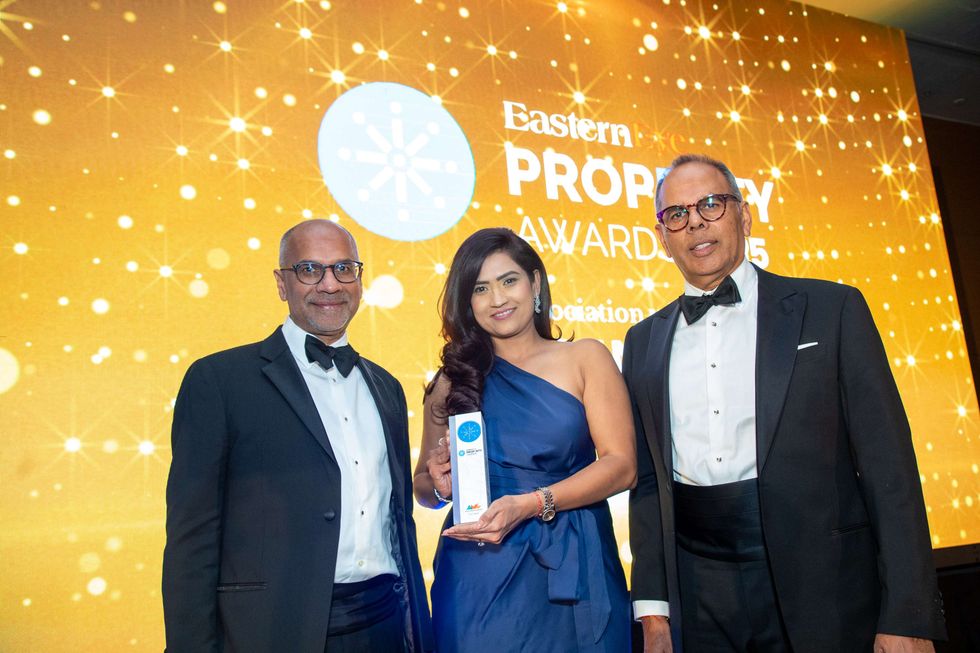
Former Foreign and Commonwealth Development Office minister Lord Ahmad noted how property ownership “very much is within the British Asian DNA”. He said, “British Asian developers have contributed to building communities. They’ve built futures.”
The Eastern Eye Property Awards were held in association with Summix.
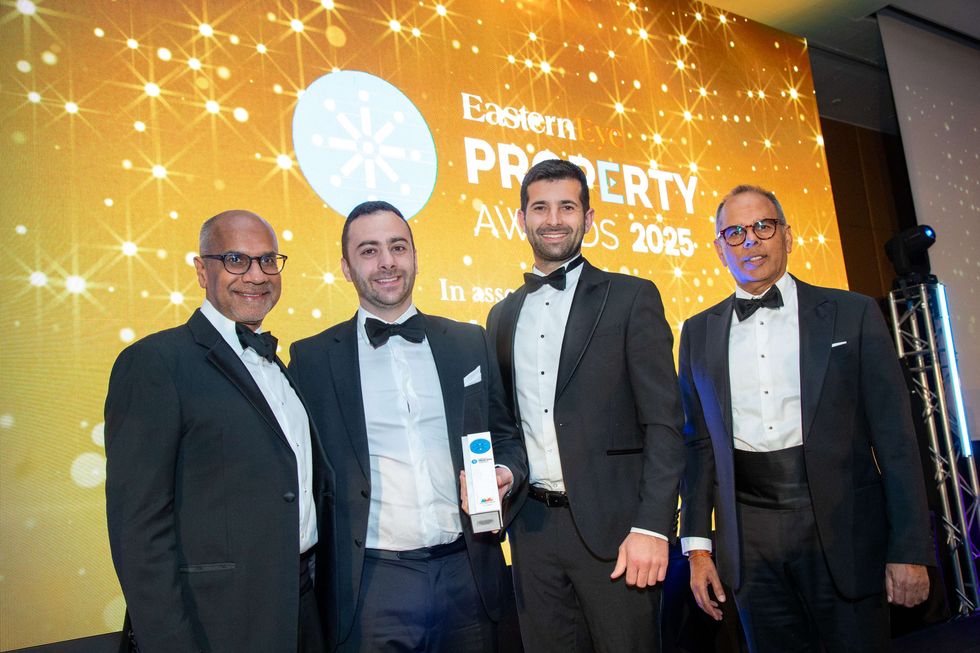
Co-founder Amit Bhatia described how the firm works with some of the largest house builders in the country, as well as student accommodation developers and hoteliers.
“We’re very proud of what we’ve done over the past 17 years. We’ve delivered in excess of 6,500 new homes to the country. Our pipeline is successful to deliver another close to 20,000 new homes,” Bhatia said.
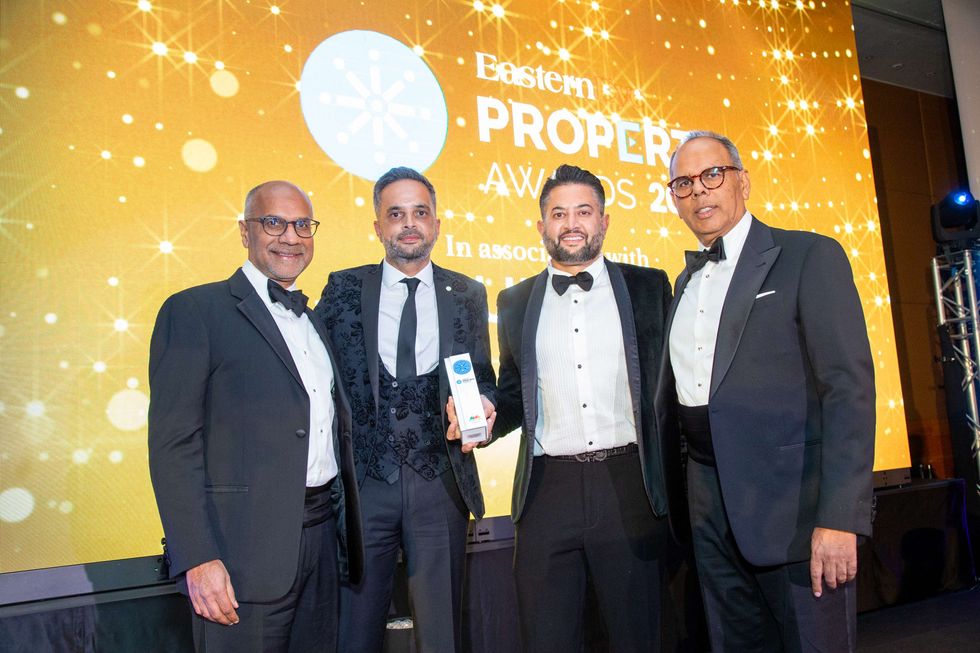
He added, “There’s massive potential in the country. There’s great interest in the country to do great things, but we just need a little bit of help, a bit of clarity, bit of deregulation.”
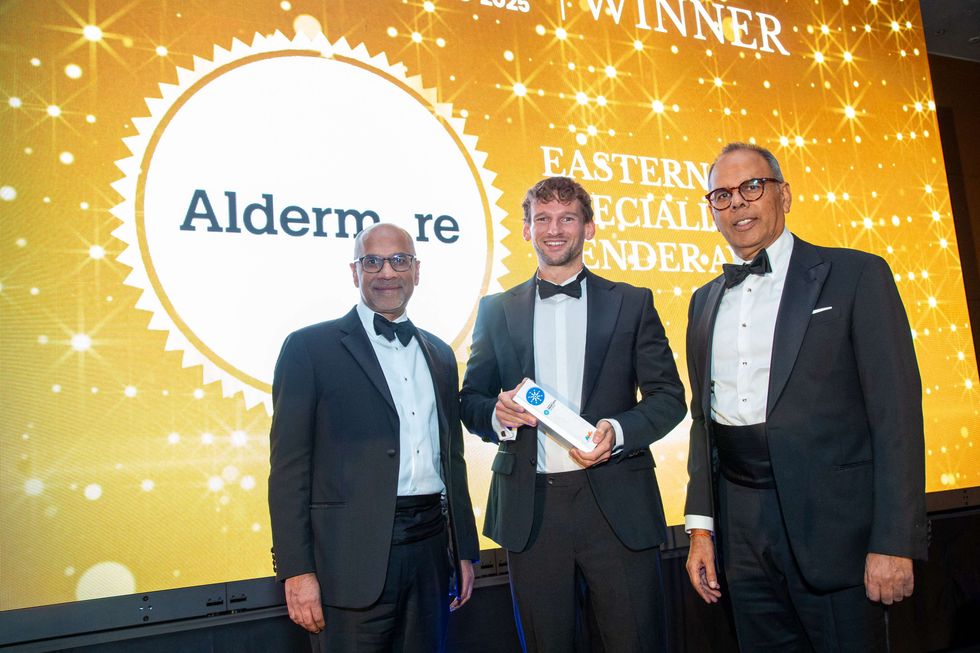
Among other winners were OakNorth, named Eastern Eye bank of the year.
Since its launch in 2015, it has lent more than $16 billion (£11.9bn) to scaleups, and been instrumental in creating 56,000 jobs and helping build 34,000 new homes across the UK and US, the majority in affordable and social housing. OakNorth was co-founded by Asian businessman Rishi Khosla and Joel Perlman.
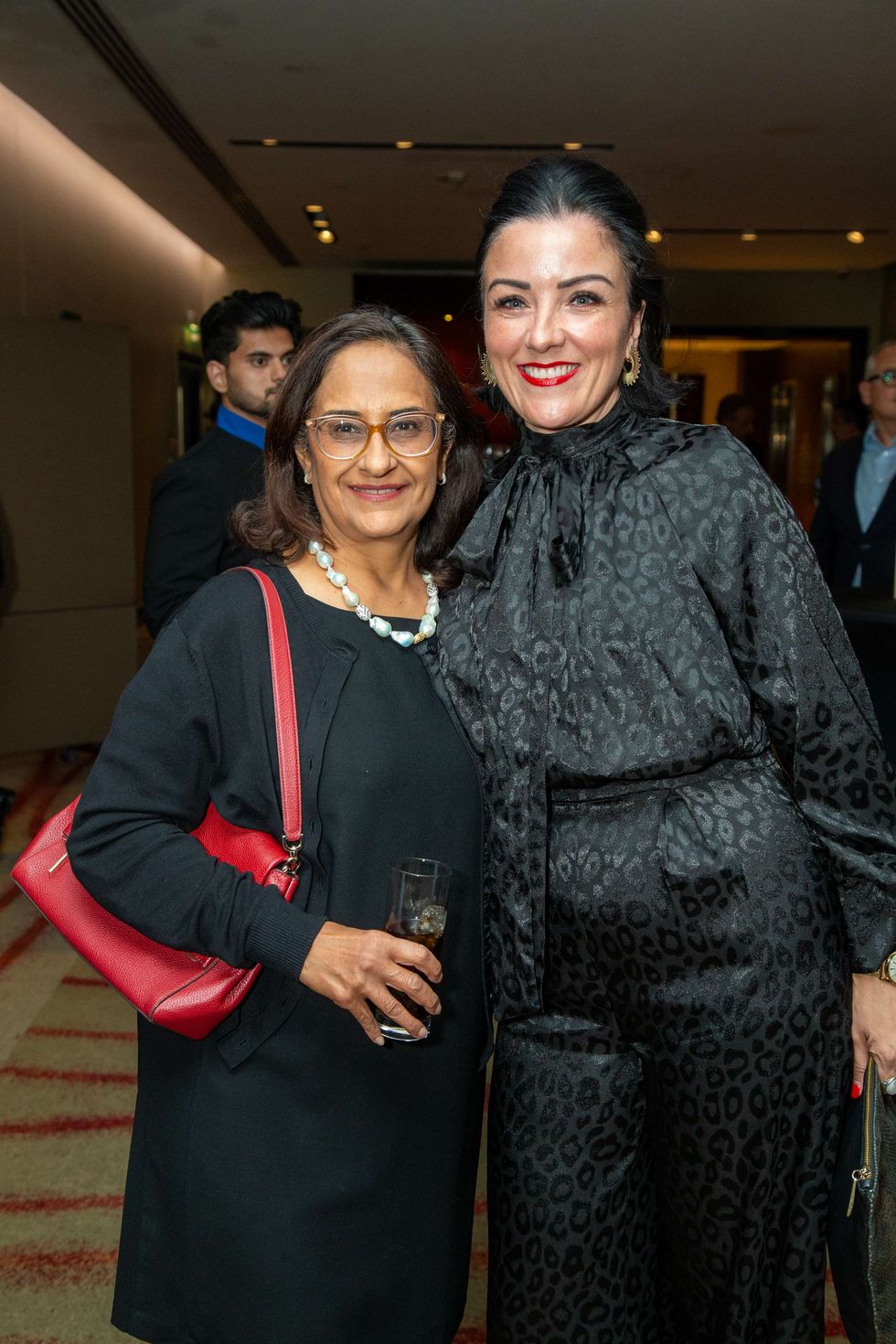
Prideview Group, which successfully competed 76 high value transactions in 2024, won Eastern Eye advisor of the year. Its deals in the London region were estimated to be worth £250 million.
One of India’s leading banks scooped the prize for Eastern Eye commercial lender of the year.
State Bank of India UK, with 11 branches across the country, works with its clients on serving their commercial property financing requirements.
The Eastern Eye rising star award went to Sachinkumar Gupta, director of Property Hub Limited, for building on his previous travel enterprise and diversifying to serve them with property-related services.
Oraanj Interior Design, which has transformed homes, offices, restaurants and hotels, won Eastern Eye Interior Designer of the Year.
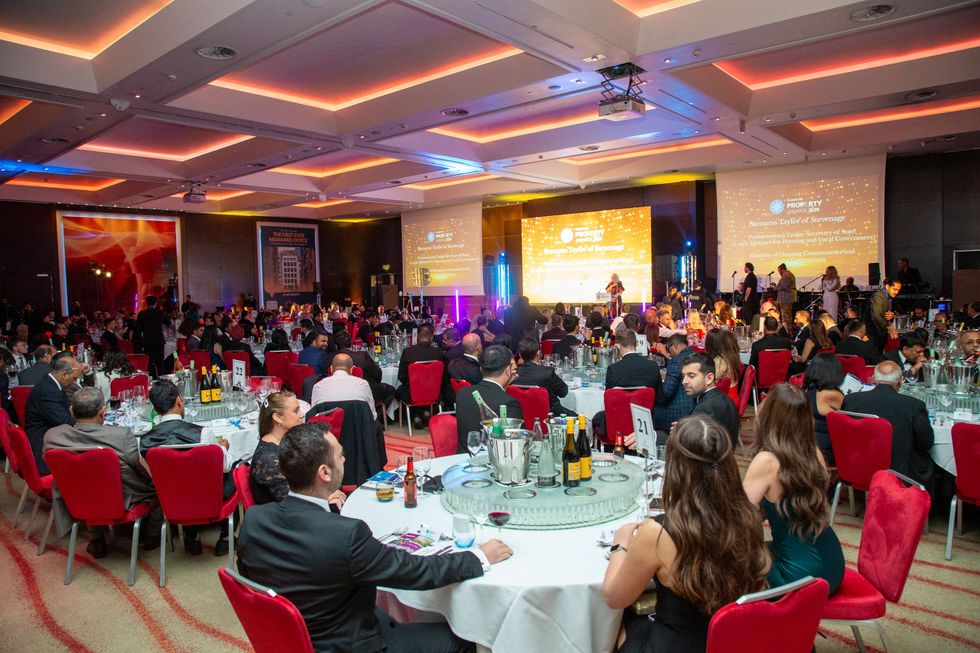
Founder Rachana Gupta’s company offers clients a range of services, from space planning to custom furniture and landscape design.
Manni Chopra of the Chopra Property Group scooped the Eastern Eye property entrepreneur of the year award.
Along with her husband, Romey, she runs The Chopra Property Group, finding unloved properties and carefully executing conversions and developments using their own and private investor funds.
Other winners were Paresh Raja of Market Financial Solutions, who won the Eastern Eye Award for disruptor of the year, Valos, named Eastern Eye technology company of the year and Aldermore Bank, which won the Eastern Eye Specialist Lender Award.
